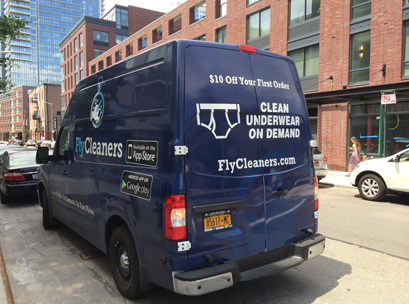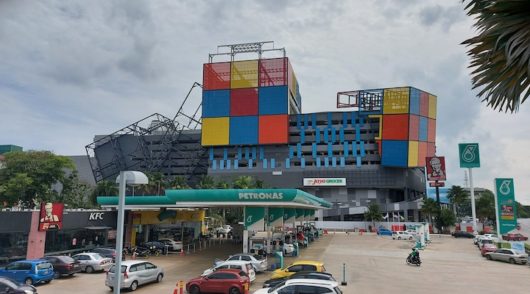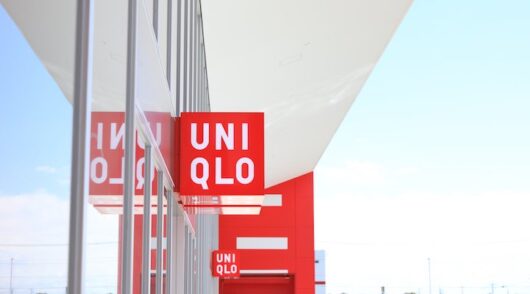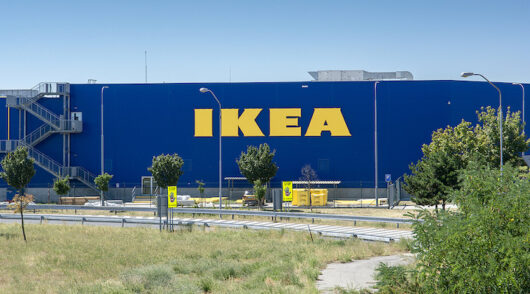“Clean underwear on demand”. That’s the pitch for FlyCleaners, a New York-based laundry and dry-cleaning start-up, currently prowling the streets of Brooklyn with more locations coming soon. Powered by a smartphone app, you simply click, and a few minutes later a “FlyGuy” materialises in a blue FlyCleaners truck and whisks away your unmentionables. Washing costs 99c a pound, shirts are $1.99 each to wash and press. Less than 24 hours later, you click again, and like magic, your clean clothes arrive minutes later at your door. If, like most people, you hate doing your laundry, what’s not to like about this service?
The idea was described by one of the founders, Seth Berkowitz, as “an Uber for dry-cleaning and laundry”, paying homage to the San Francisco-based transportation company that connects passengers to drivers (recently valued at US$18.2 billion). Unfortunately, even though FlyCleaners has attracted US$2 million in funding, the Uber analogy is not unique.
Washio – servicing San Francisco, LA and Washington – was also created to be “the Uber of Laundry” (as reported in the terrific New York magazine article – “Let’s, Like, Demolish Laundry”). Another West-Coast service called Rinse also claims to be “the Uber for dry cleaning and laundry”. And there are more – like Dryv in Chicago, Brinkmat in NYC (now running under delivery.com) and Prim, the last of which, like so many freshly-pressed shirts, has just folded.
Each has set out to “disrupt” (or perhaps “agitate”?) the laundry and dry-cleaning industry. And each has reached for a contemporary benchmark, in the same way as so many on-line start-ups want to be “the Warby Parker of whatever”, in tribute to the on-line spectacle retailer.
In the digital world, ideas travel around the planet at the speed of light. What’s unique one day is aped on the other side of the world the next. (I remember being charmed by “The Meatball Shop” in Brooklyn, only to learn that a similar concept popped up shortly after in Melbourne, Australia.) So it’s not enough just to be first. You also have to be fastest, with better logistics, smoother service, great graphic design, a cool interface, and more funding, so you can roll-out more quickly.
For now, it looks like the on-demand laundry front-runners are Washio (with their so-called “ninja” drivers, and complimentary cookies), and FlyCleaners, whose drivers carry tablets that serve up alternate traffic routes. But it’s laundry bags at fifty paces, and each company is fiercely determined to come out at the top of the pile.
FlyCleaners’ customers certainly seem happy. “The is the best thing to ever happen to me,” says Alicia on Fly’s website. “1. Download app. 2. App says we are 8 minutes away from your house. 3. Man arrives and takes laundry. 4. I shed a single tear of joy for now having proof that God still loves us.”
While that perhaps an over-statement, on-demand laundry is another fascinating demonstration of how far retail has careered towards the service economy, and how much that little black box in the palm of our hands has changed everything. Stand by for the “Uber of whatever’s next”.
Jon Bird is Managing Director – Global of Labstore, Y&R’s worldwide retail and shopper marketing network. Email: jon.bird@yrlabstore.com. Twitter: @thetweetailer. Blog: www.newretailblog.com.






